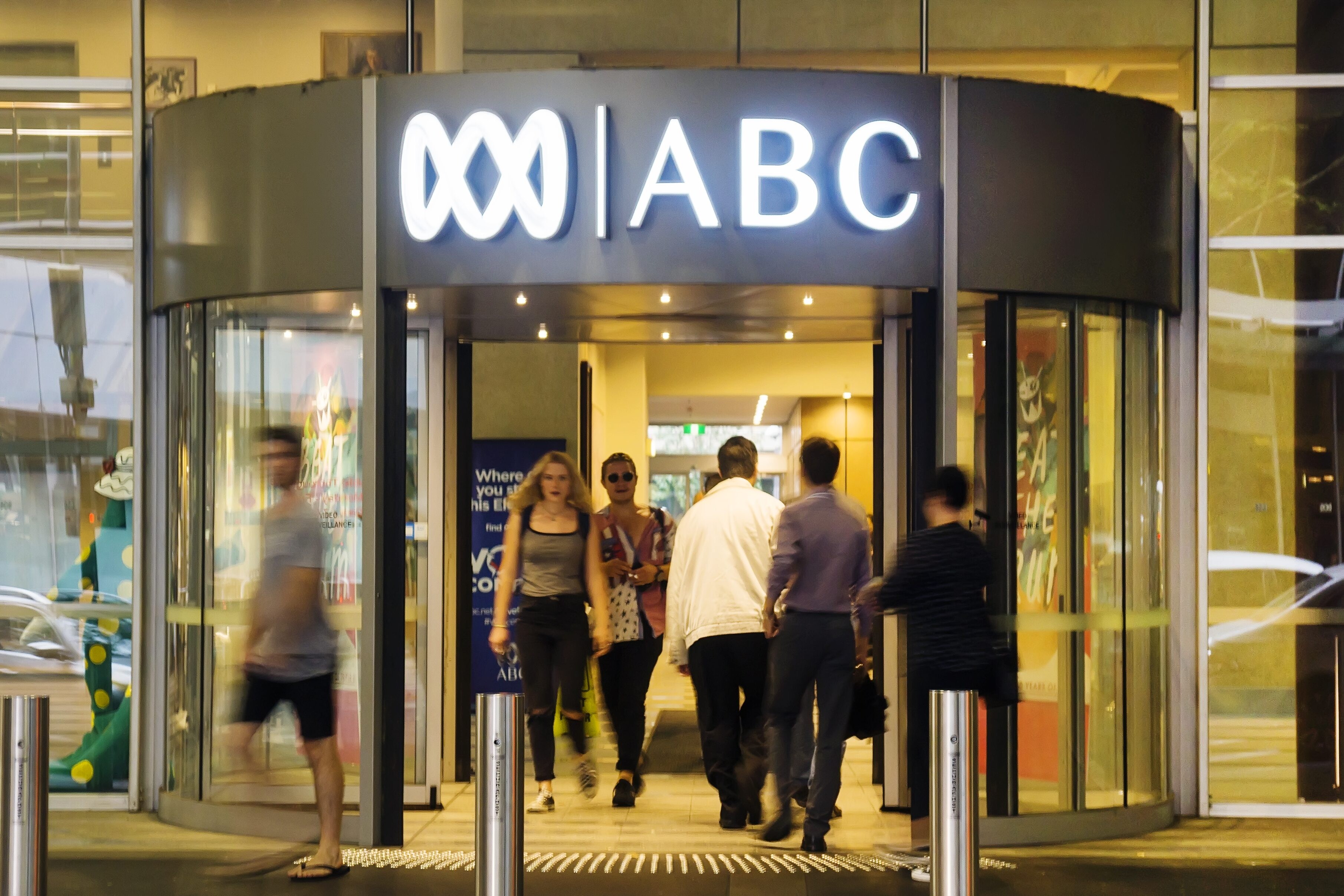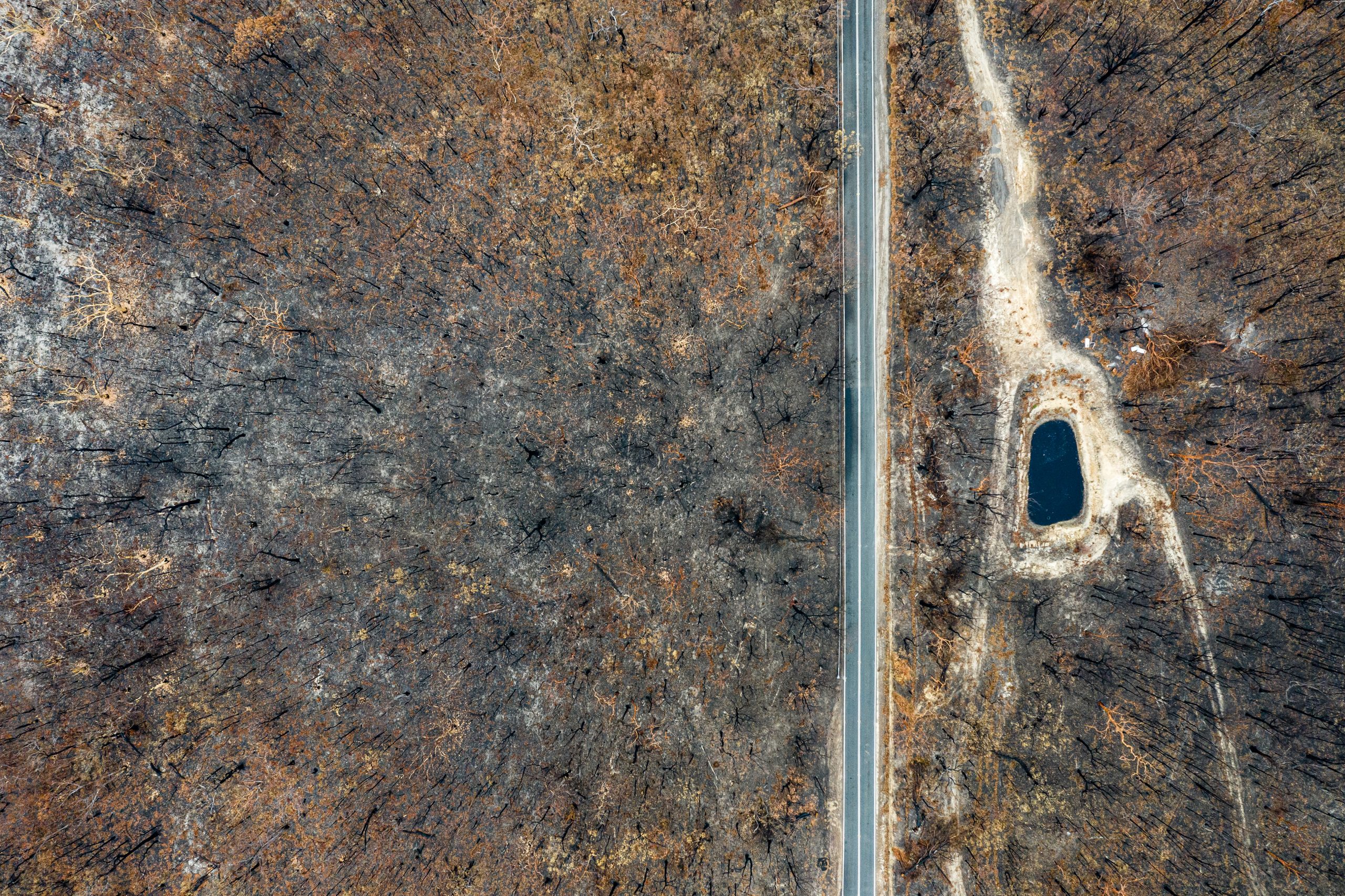Concern that proposal to freeze wages could pose a threat to Australian public broadcaster’s independence.
The Morrison government has warned the Australian Broadcasting Corporation (ABC) that it expects the broadcaster to undertake a six-month wage freeze.
The freeze was proposed in a letter from Communications Minister Paul Fletcher to ABC’s Managing Director, David Anderson, earlier this week. It suggested that the broadcaster should come into line with Australian Public Service (APS) agencies by deferring a 2 percent pay rise for staff that was due to come into effect in October.
Fletcher goes on to claim that a wage freeze would also be a “highly appropriate gesture of solidarity” with other journalists and media organisations as they grapple with the impact of COVID-19, according to The Guardian.
The letter has triggered alarm bells among unions regarding ABC’s independence and government overreach. The CEO of the Media, Entertainment & Arts Alliance (MEAA), Paul Murphy, derided the proposal as “another shot in the culture war”, adding:
“These pay increases were negotiated almost 12 months ago and have been budgeted for. If there is to be any variation of the enterprise agreement, it’s a matter for staff and their union representatives and ABC management to discuss, not something for the government to dictate to the ABC.”
In an email to staff on Wednesday, David Anderson emphasised that the broadcaster was independent of other APS agencies and that it cannot unilaterally change the working conditions of employees. It does, however, have to consider any proposal by the minister in accordance with the ABC Act.
Anderson also informed staff that he had requested a personal pay cut of 5% as a result of the pandemic and the challenging financial situation facing the ABC. In the email he said:
“As Managing Director, I declined the 2 per cent increase that would have been paid to me pursuant to the remunerational tribunal determination this July. I also requested (and had approved) that my salary be reduced by 5 per cent from April until the end of September. The savings realised from these measures, and other reductions to expenditure this financial year, have contributed to content initiatives during the global pandemic.”
It was also revealed this week that senior executives would forgo their bonuses and “at risk” payments this financial year.
While commercial outlets bear the brunt of dwindling advertising income, the ABC is by no means immune to financial pressure. The broadcaster has faced rolling budget cuts and is now grappling with a three-year $84 million funding freeze, which was imposed by the Turnbull government in 2018. The freeze was expected to result in up to 200 job losses, but a planned announcement in March, along with ABC’s five-year plan, was suspended due to the increased workload caused by COVID-19.
These measures come despite ABC’s crucial role in emergency reporting and strong public support – it was ranked as the most trusted media outlet in Australia in 2019. In fact, ABC’s lifesaving coverage of last summer’s bushfires added a further $3million to the broadcaster’s budget costs.
In his email, David Anderson emphasised the essential value and critical role of the ABC in informing, educating and entertaining the public. Addressing staff, he closed:
“I don’t believe this proposal in anyway reflects negatively on the hard work of all of you during this period, or during the bushfires last summer, and the contribution the ABC continues to make to the community every day.”
Staff will receive an update in due course, while a new five-year plan and measures to meet the broadcaster’s budget shortfall are due in July.
Header Image: People entering and leaving the Australian Broadcasting Corporation (ABC) Centre in Ultimo. Credit: kokkai/iStock
Related Posts
1st April 2020
ABC expands education schedule to support students at home during COVID-19 crisis
The ABC is launching an expanded…
3rd March 2020
ABC will not appeal validation of police raids on public broadcaster
The validation of a warrant used to…


